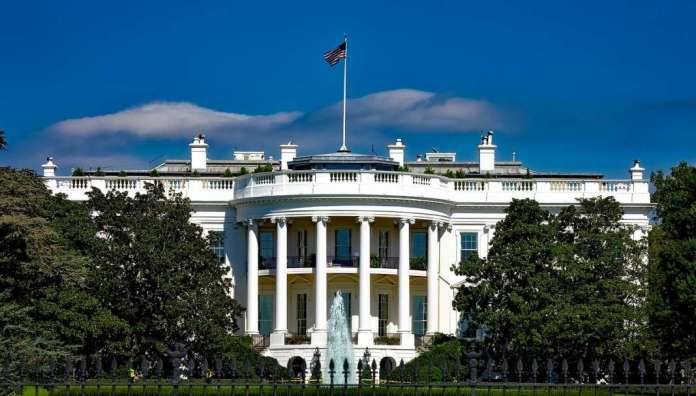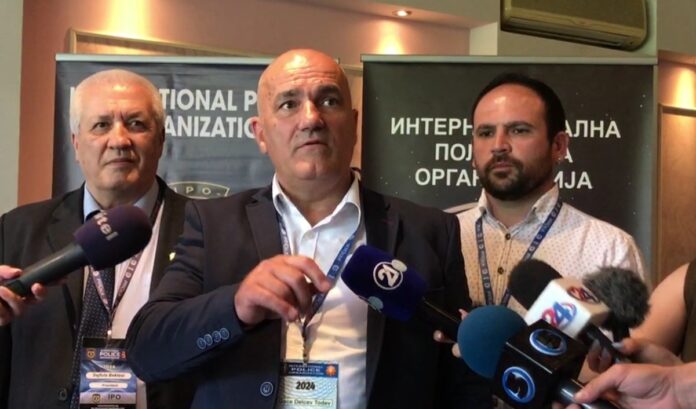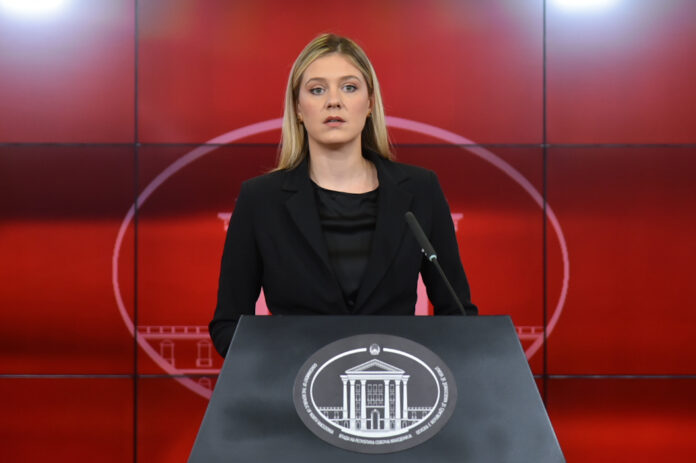Atlantic has fully released messages from a signal conversation that reveal military plans for US attacks in Yemen

Atlantic Magazine today published a transcript of messages in which Defense Minister Pete Hegset described in detail the plans for US military attacks in Yemen in a signal group conversation, which mistakenly involved magazine’s editor-in-chief Jeffrey Goldberg.
In an article titled « Here are the plans for an attack that Trump’s advisers shared on a signal, » Goldberg quoted messages stating Hegset types of warplanes and timeframes for recent air strikes on Houthi militias in Yemen. The messages did not contain information for specific purposes.
« 12:15 pm Eastern Time: They take off the F-18 (first striking package), » reads one of the messages, alluding to a certain type of military aircraft.
« 13:45: The ‘trigger-based’ window for the first F-18 kick (the target terrorist is at the famous location, so the attack should be in time)-also take off drones (MQ-9)#.
Goldberg and Jane Harris, National Security Reporter at Atlantic, published the text the day after President Donald Trump’s administration tried to minimize the importance of the initial report on the conversation. Trump said yesterday: « This was not classified. » Heget, meanwhile, said on Monday: « No one was sending military plans through messages. » National Intelligence Director Tulsi Gabard and CIA Director John Retcliffe yesterday, in front of the Senate Intelligence Committee, claimed that classified data were not shared in the conversation.
Goldberg and Harris wrote today that statements by Heget, Gabard, Retcliffe and Trump, along with administration claims that the magazine was lying, told them to believe that the public should see messages to make their own conclusion. « There is a clear public interest in disclosing information that Trump’s advisers shared through unsecured channels, » they added.
Four former intelligence officials have confirmed that information on an upcoming military attack is usually considered classified.
White House spokeswoman Caroline Livit called the « Fraud » report, while Vice President Jay Di Vance, a participant in the conversation, stressed the difference between « military plans » and « attack plans » that the administration emphasized.
The National Security Council announced on Monday that it was considering the case as Goldberg was added to a group called « Houthi PC Little Group » on March 13. Goldberg initially suspected it was a misinformation, but after finding that the conversation was authentic, he left the group without being noticed.
The case has sparked sharp criticism from the Democrats, including calls for the resignation of Hegsette and National Security Adviser Michael Waltz. Senator Dick Durbin said Wednesday that Gabard and Retcliffe had misleaded the congress, while Senator Roger Wicker demanded an urgent report from the inspector -up. Gabard, meanwhile, reiterated before the House Intelligence Committee that it was a mistake, but without classified information.







